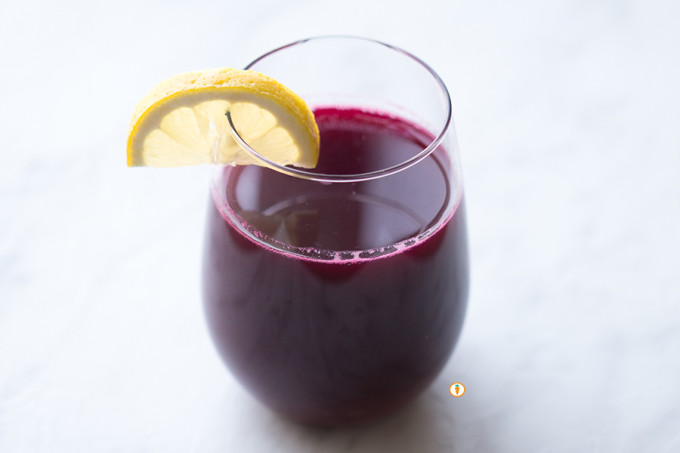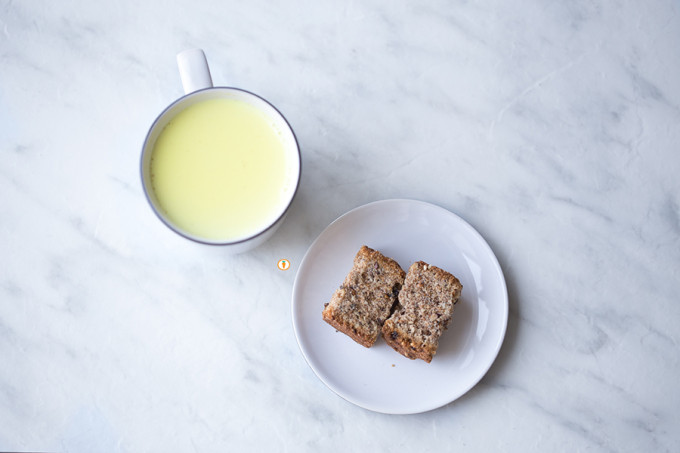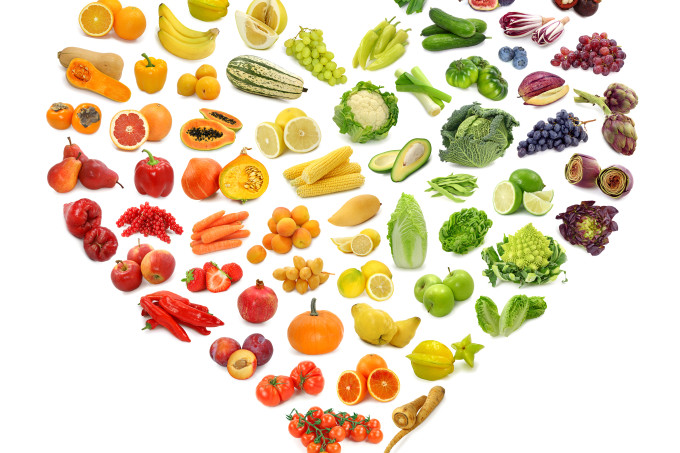Well, hello. You’re probably wondering, where has that Nita been? Trust me, some days I ask myself the same question. The truth is, I’ve been working on a little do-it-yourself project these days that finally came to fruition on January 20, 2017. On this date, we happily welcomed our first babe into the world, Jaidev Abbi Sharda. With a pregnancy that had me feeling beyond exhausted and sick I decided it was time to focus my energy on caring for myself during those nine months. And now that Jai is here, self-care is still top of mind but this special time with my newborn will be short lived so I’ve imersed myself in all the things that motherhood brings including cuddles, staring at my baby, preparing nourishing food and sneaking in naps when I can. You know, the heart work.
Luckily, I’ve got my hands on a stellar and oober ambitious nutrition student, Johanna, who was willing to put together some information on heart health. AND, this post couldn’t be shared at a better time because as we all know, February is heart month. And shit, well, today was my last opportunity to sneak in a post before we bid farewell to this month! *insert nervous laughter*
Your heart is an important organ. It works steadfast to help you do the things you love and despite all we know about wellness, cardio vascular disease (CVD) is the number one cause of death globally1. That means that more people die from heart failure in some way shape or form than any other cause. Further, about 1.6 million Canadians are currently living with heart disease2. And it’s not just the old people. It’s middle aged smokers, over-weight teens and those of us who don’t make physical activity a priority. I bet you can think of someone in your family who has heart disease or has had a stroke.
CVD affects everyone.
Food.
Unfortunately there is sometimes a myth that fat and sodium are the main culprits of heart disease and sugar get written off. Realistically overconsumption of any of these can contribute to heart disease but lets talk about sugar, specifically free sugar. Free sugar is basically sugars that are added to foods. Ones that didn’t pre-exist. This is where fruits, grains, vegetables etc. get off the hook, phew! On the other hand, free sugars look like this “maple syrup, honey, brown sugar, sugar, agave, molasses, coconut sugar”, and it’s incredibly important to moderate our intake of these because they are loaded with calories that don’t offer much in the way of nutrition. So, without becoming a MyFitnessPal addict a good rule of thumb is that if any free sugars fall within the first 3 ingredients of a food you should probably reconsider.
Intersted in a few heart healthy recipes? Scope out these ideas:
Lifestyle.
Omega-3s.
You’re probably sick of hearing of what you should stop doing at this point. Stop sitting around, stop eating processed foods. So what if we added something in instead? Consumption of Omega-3 fatty acids from fish has been associated with a lower risk of coronary heart disease3. Those Mediterranean folks have really healthy hearts! All that means is that is it important to get in those 2-3 servings of fish weekly!* Even if you live smack dab in the middle of the prairies like me. Also, try a high quality fish oil supplement. *Flashbacks of Mom spooning cod oil into my mouth* #bleh. I’ll take a capsule thank-you very much.
The high numbers of heart disease do not have to predict your health, even if your Grandpa, Great Uncle and childhood cat have been affected. Prevention is the most powerful thing when it comes to noncommunicable diseases such as CVD. Take care of your body and it will love you back for many many many years to come.
* (Pregnant women should consult a doctor to help determine which fish is best for them).
Hu FB, Bronner L, Willett WC, et al. Fish and Omega-3 Fatty Acid Intake and Risk of Coronary Heart Disease in Women. JAMA. 2002;287(14):1815-1821. doi:10.1001/jama.287.14.1815.
Please note the content of this post was written by 4th year Human Nutritional Sciences student Johanna Adriaansen. Johanna also maintains her own website and is an aspiring Dietitian!
Don’t forget to follow Carrots and Cake on Instagram to see tiny square snap shots of my life.
– With Love, Carrots and Cake,







Leave a Reply